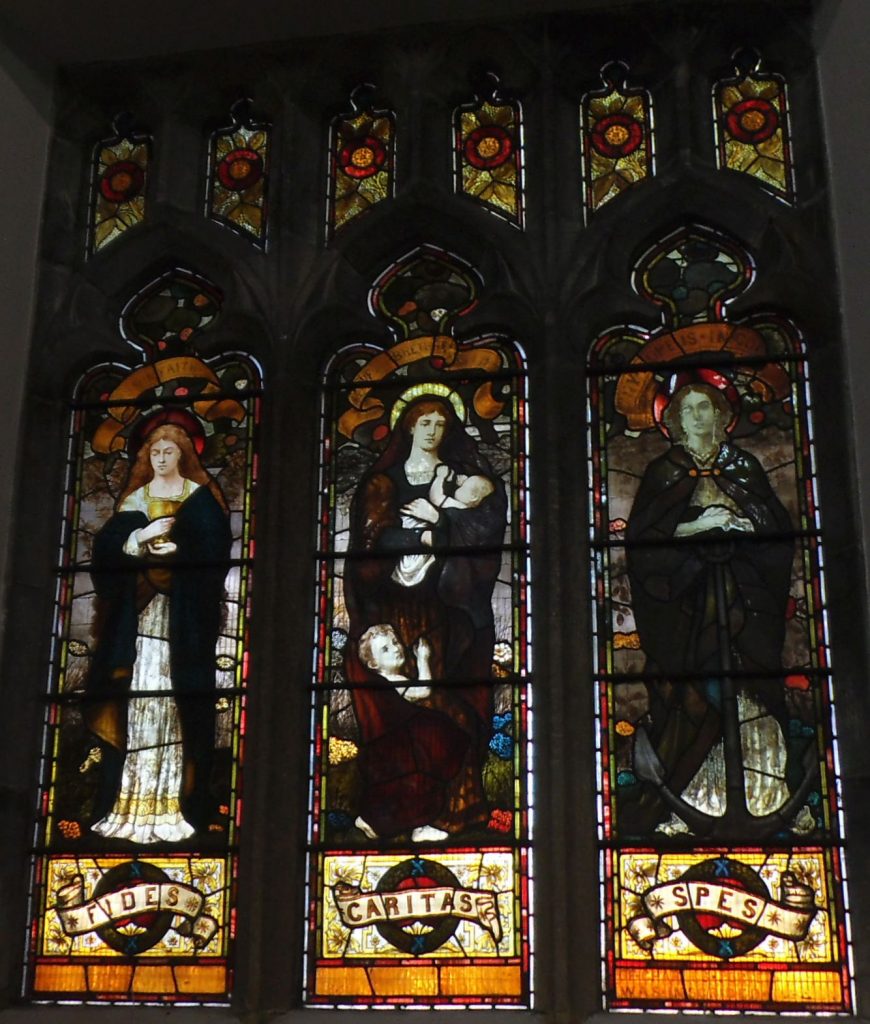Today’s hymn from Sing Praise is “Beyond all mortal praise” by Timothy Dudley- Smith. In the book it’s set to a tune by Wayne Marshall, but John used the better known ‘Darwall’s 148th’ usually used for “Ye holy angels bright”. This hymn shares the general theme of that one, namely the praise of God the creator.
The first verse presents God in the way many people still think of him – remote, unsearchable and all-powerful. The second, “our times are in his hand” also give the impression that everything, whether the seasons of the year or the fates of empires, are the result of God’s will. These ideas, unless you take a rather extreme view of predestination, are not really compatible with the intimately present God we see in Jesus, but then the hymn is said to be based on an Old Testament passage (Daniel chapter 2).
The third verse, “He gives to humankind, dividing as he will, all powers of heart and mind, of spirit, strength and skill”, also keeps God firmly in control, although it is compatible with the idea in the New Testament that the Holy Spirit gives different gifts to different people as he wishes. The last verse is again a praise of God the Father, rather than the usual Christian doxology of Father, Son and Holy Spirit.
This is therefore a hymn that might be suitable for an ecumenical occasion as the words would seem to be acceptable to Jews and Muslims, but seems rather odd in a Christian hymn book where Jesus usually get a mention by one of his names or titles.
